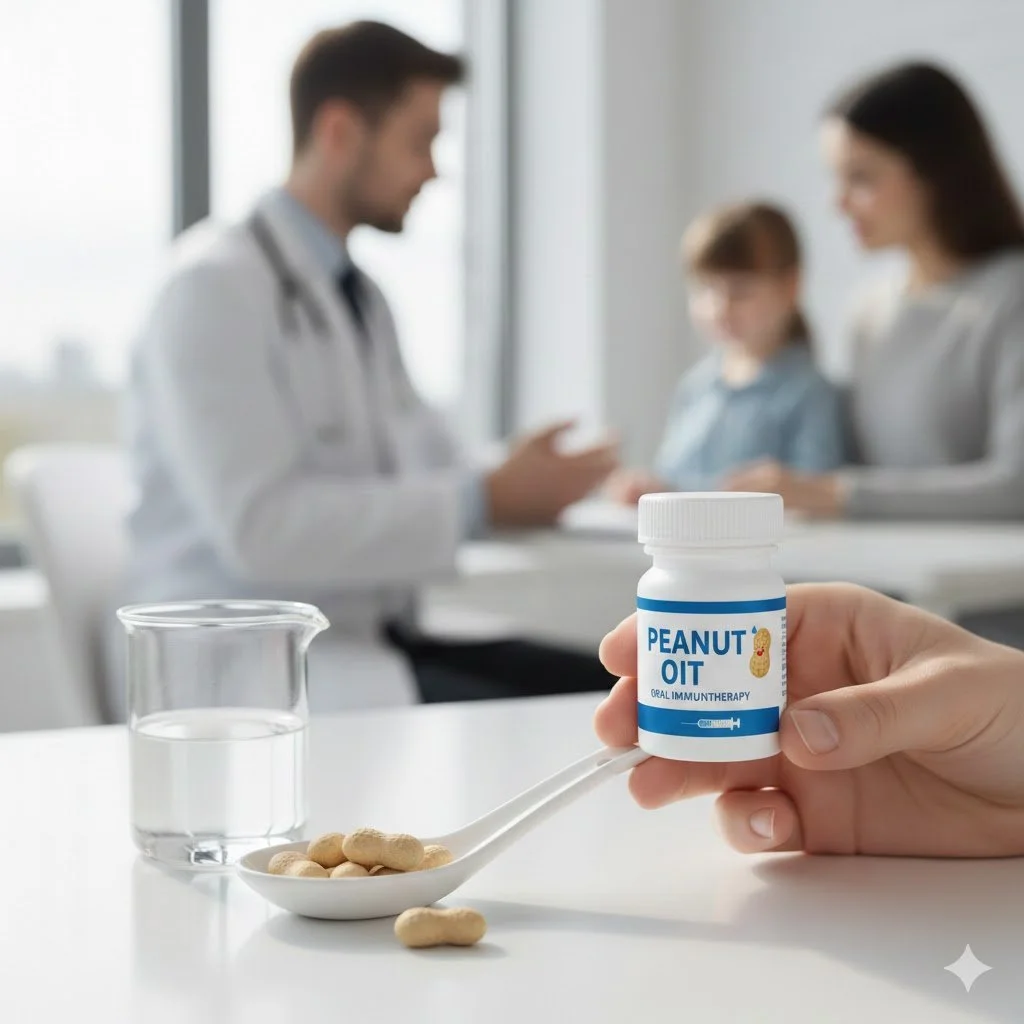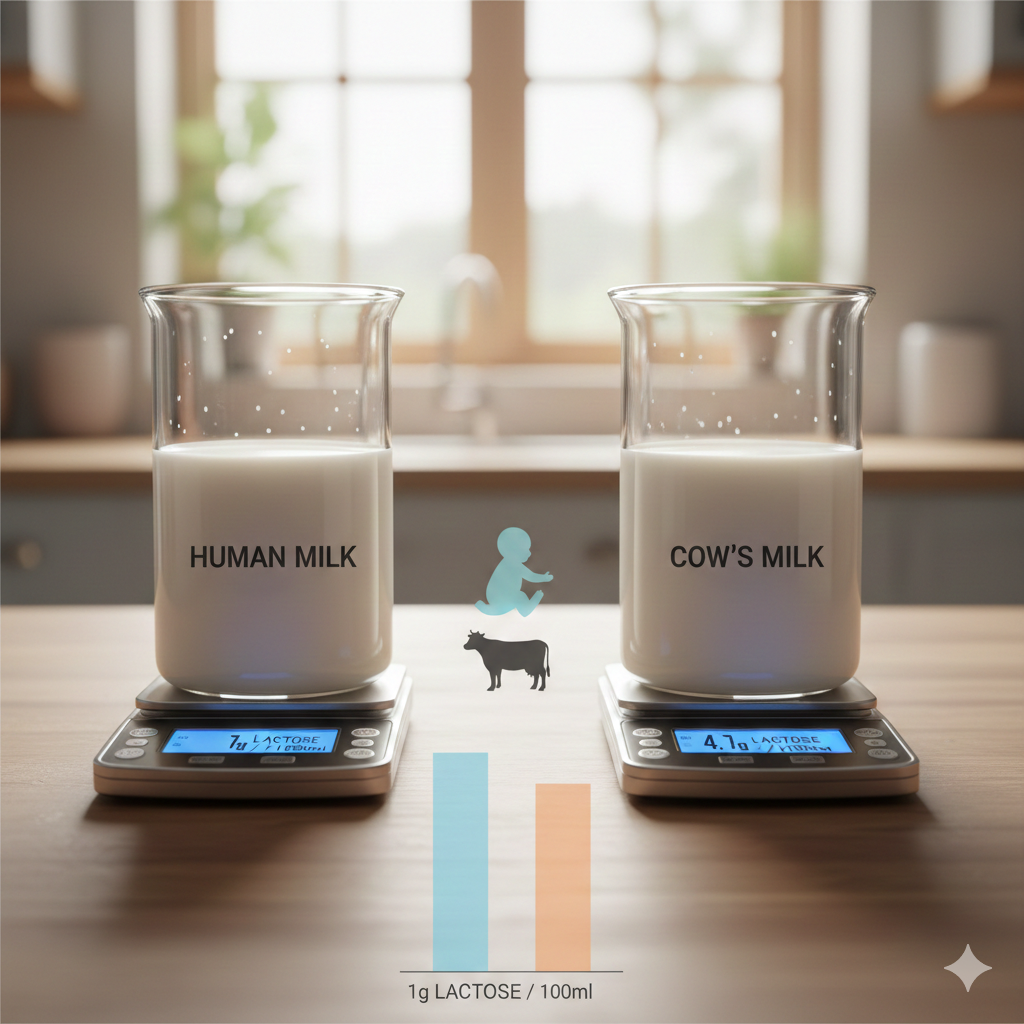Coeliac Disease in Children: Understanding Gluten Allergy in Infants and Support in London
Could your child unknowingly be affected by a hidden autoimmune condition? Coeliac disease remains misunderstood despite affecting 1 in 100 children in the UK. Recognising symptoms early can dramatically improve long-term health outcomes, yet confusion between coeliac disease and gluten allergy persists.
We understand your worries and offer valuable insights and support resources, specifically tailored for managing coeliac disease in children.
What is Coeliac Disease?
Coeliac disease is an autoimmune disorder triggered by gluten, a protein found in wheat, barley, and rye. According to the NHS, when children with coeliac disease consume gluten, their immune system attacks the lining of the small intestine. This immune response damages villi, tiny finger-like projections vital for nutrient absorption, and can severely impact a child’s growth and wellbeing.
Symptoms of Coeliac Disease in Children
Identifying coeliac disease can be challenging due to its varied manifestations. Common symptoms include:
Digestive issues: Chronic diarrhoea, constipation, abdominal bloating, and pain
Growth problems: Poor weight gain, delayed growth, or failure to thrive
Fatigue: Ongoing tiredness due to inadequate nutrient absorption
Behavioural changes: Irritability or anxiety linked to chronic discomfort
You can read more about common childhood food allergies and intolerances that may resemble or overlap with coeliac symptoms.
Understanding Gluten Allergy in Infants
Unlike coeliac disease, a gluten allergy (more precisely, an IgE-mediated wheat allergy) in infants results in immediate immune reactions after consuming gluten-containing foods. Symptoms include:
Skin reactions like hives or rashes
Facial swelling
Breathing difficulties or nasal congestion
Specialists may recommend an oral food challenge to confirm gluten or wheat-related allergies under controlled clinical supervision. These symptoms do not cause long-term intestinal damage but require immediate management. The American College of Allergy, Asthma & Immunology (ACAAI) provides helpful information on wheat allergy in children.
Diagnosing Coeliac Disease in Children
Accurate diagnosis is crucial and usually involves a combination of the following, widely available across London:
Detailed clinical History
Blood tests: To identify specific antibodies related to coeliac disease
Endoscopy and biopsy: To visually confirm intestinal damage
Genetic testing: To detect predisposition in inconclusive cases
Specialist clinics like London Allergy Consultants offer full diagnostic pathways tailored for paediatric patients. Families can start by booking comprehensive food allergy testing in London, which includes screening for coeliac-related markers. Where needed, we will refer them for GI biopsies.
Managing Coeliac Disease in Children
Managing coeliac disease means committing to a strict gluten-free diet for life. Effective strategies include:
Dietary education: Helping families learn how to read labels and avoid hidden gluten, with guidance from Coeliac UK.
Nutritional support: Collaborating with paediatric dietitians to ensure balanced nutrition. We closely moitor growth and elements such as Iron stores and Full Blood Count.
Monitoring and follow-up: Regular check-ups to track symptoms and nutrient levels.
Support from a qualified paediatric allergy specialist in London ensures children receive the right care and guidance. In some cases, oral food and drug challenges are used to rule out other allergens that might complicate a coeliac diagnosis or present alongside it.
Support for Coeliac Disease in London
London is uniquely equipped to support families navigating coeliac disease:
Paediatric gastroenterologists
Allergy-focused clinics that treat coeliac and co-occurring conditions such as eczema, asthma, and hay fever
Pollen allergy support for children experiencing seasonal flare-ups
Immunotherapy options in suitable cases, to manage coexisting allergic conditions
Child-focused dietitians: Experienced in managing complex dietary needs.
Support groups: Local branches of Coeliac UK provide community-based assistance.
Medical consultations: Book directly with London Allergy Consultants for specialist input.
Comprehensive care is available at clinics like London Allergy Consultants, where parents can receive both diagnosis and long-term support.
Living Gluten-Free in London
Living gluten-free in London is not just possible—it’s increasingly doable. The city offers:
Restaurants with certified gluten-free menus
Supermarkets and health shops stocking gluten-free essentials
Educational events and workshops to help parents and children manage dietary changes confidently
For practical tips on living gluten-free in London, consult with London Allergy Consultants. Combined with ongoing monitoring through specialist testing, children can live confidently and healthily on a gluten-free diet.
Conclusion
Effectively managing coeliac disease in children goes beyond symptom awareness—it requires a committed, informed approach to diet, diagnosis, and long-term support. With access to expert care from London Allergy Consultants, families in London are well-positioned to take proactive steps. Because when knowledge and support meet action, children can thrive—gluten-free and full of life.
Frequently Asked Questions
-
Yes, it can develop once gluten is introduced, typically around four to six months of age.
-
A gluten (wheat) allergy causes immediate reactions, and IgE allergy tests will be positive. In contrast, coeliac disease causes long-term gut (and other) symptoms, and specific IgG and IgA antibodies will be positive if gluten is eaten at the time of testing.
-
Approximately 1 in 100 children in the UK are affected, although many remain undiagnosed (NHS).
-
Yes, it runs in families. Testing is advised for first-degree relatives. Negative HLA Gene testing can be very reassuring as the disease is unlikely. Positive testing will require a more detailed assessment to see if the disease is present.
-
There’s no cure, but symptoms and damage can be managed by maintaining a gluten-free diet.
Worried About Allergies? Let’s Help You Get Answers
If your child is showing signs of a food, pollen, or skin allergy, early diagnosis is key. At London Allergy Consultants, our expert team provides trusted, evidence-based care tailored to your child’s needs. From testing to treatment plans, we guide you every step of the way. We are happy to assess babies (infants), toddlers, young children, adolescents and young adults with allergies.
London Allergy Consultants
London Allergy Consultants is a leading UK centre for diagnosing and treating food and airborne allergies in children and young people.









Benefits of pollen immunotherapy include modifying the disease process, leading to long-term tolerance; preventing allergic rhinitis from progressing to asthma; reducing new sensitisations to allergens; maintaining clinical efficacy after treatment discontinuation; and improving control of allergic symptoms while decreasing medication use.